DJ Josef (최요셉) is a versatile artist – DJ, drummer, producer, and director – who brings a fresh perspective to the global electronic scene. Known for blending house, techno, and EDM with a touch of Korean identity, his performances are as much about atmosphere as they are about sound. Whether mixing on a rooftop in Pattaya, by the beaches of Jeju, or recently at Korean Days @ Therme Bucharest, Josef transforms each stage into a unique journey.
At Therme, he delivered a vibrant set that combined international hits and underground tracks with K-pop elements such as aespa’s Whiplash, captivating the Romanian audience with both energy and originality. With a growing presence on YouTube, where he shares his cinematic DJ sets filmed in breathtaking locations, Josef continues to bridge cultures and sounds, taking electronic music beyond borders.
Through this email interview held on September 9, we discover his artistic journey, the story behind his unique style, and what’s next for DJ Josef on the global stage.
EARLY LIFE & MUSICAL BEGINNINGS
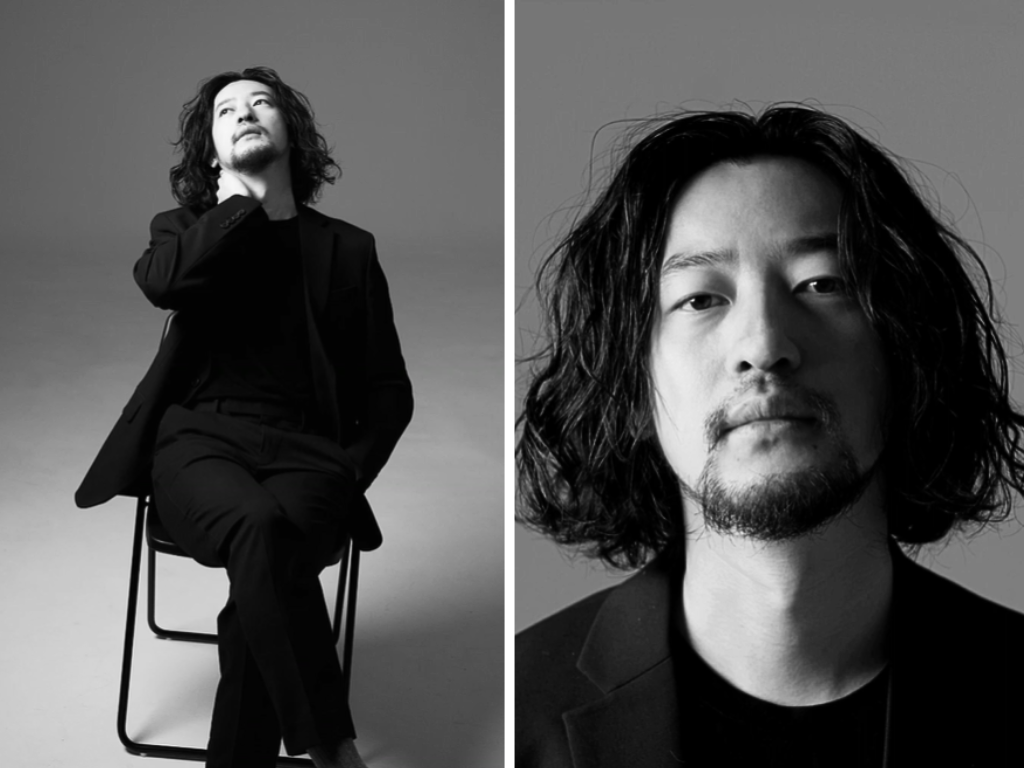
Please introduce yourself to our our readers who may be discovering you for the first time.
DJ Josef: Hello, dear readers. I’m DJ Josef, an artist based mainly in Korea. I’m currently active as a DJ, drummer, and director, working across several fields.
What was your very first connection to music, and when did you realize this was more than a hobby – that it would become your career?
DJ Josef: My first encounter with music was when my parents made me learn the violin and piano as a child. But honestly, I wasn’t interested in either, and whenever I had lessons, I was always busy trying to run away. My real interest in music started in high school, when I began playing drums. I started drumming at church and then took proper lessons, and that’s when my true musical journey began. I felt certain that playing the drums would change my life (laughs).
Do you remember the first time you performed live in front of an audience? What impact did it have on you?
DJ Josef: It might be a stretch to call it an ‘audience,’ but my first live performance was playing drums at church. There were always many people there, so it felt just like a live show. Performing in front of so many people helped me improve a lot. From that experience, I found that being on stage was always fun and exciting, even from a young age. And of course, it still is today.
CAREER & CREATIVE PROCESS
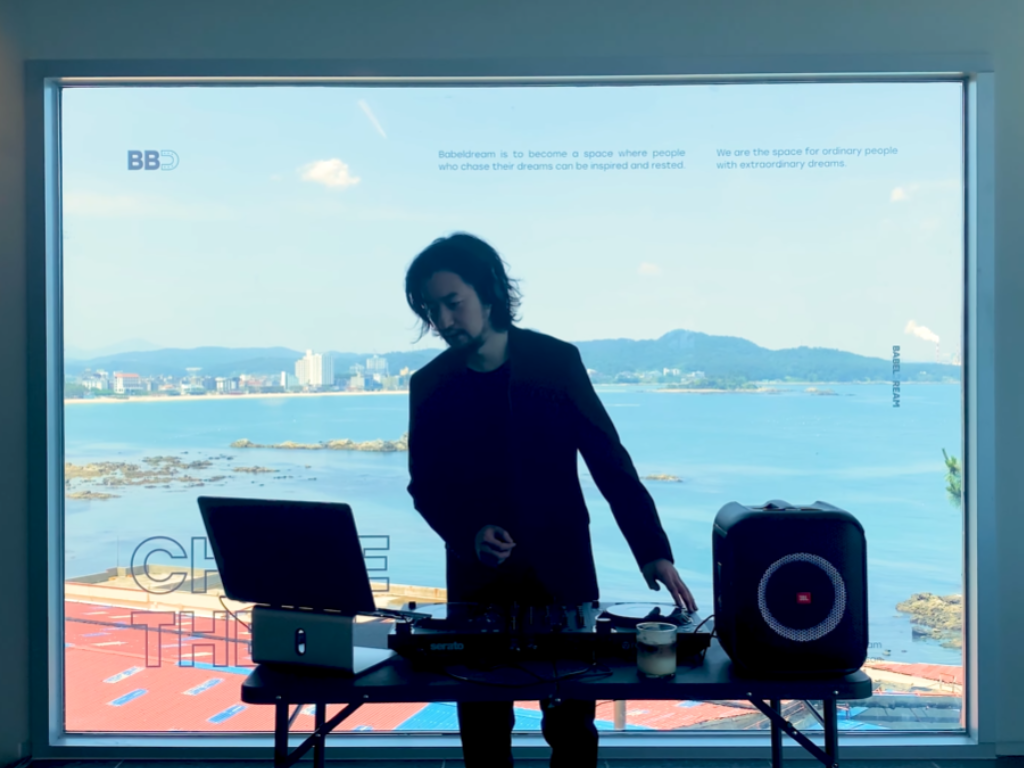
You describe yourself as a DJ, drummer, producer, and director. Could you tell us a bit about what each of these roles means to you and how they connect?
DJ Josef: I started my musical journey by majoring in drums at university and worked for a long time as a jazz drummer. Along the way, I discovered house music, which naturally led me to begin DJing. From there, I moved into producing tracks and also took on the role of organizing performances, which expanded into the fields of producer and director. Of course, I can’t say I’m perfect at everything. I just take responsibility for whatever role I have and do my best. Each role might seem very different, but in many ways they are connected. Playing drums, DJing, and directing a performance are all unique, but there’s a common thread. When I play drums, I think of myself as leading and guiding the whole band — and when the drummer leads, you can feel the music come alive. DJing is similar: through turntables and a mixer, the DJ carries the dance floor and directs the energy of the crowd, just like a drummer drives a band. As a music director, I’m responsible for everything — from inviting great artists and creating the music to carrying the performance through to the end. The common point in all three fields is that one person with strong energy leads and carries the whole. Each role is deeply connected, and working across these different areas has always helped me grow.
When preparing a set, do you follow a strict plan with a playlist, or do you prefer to read the crowd and improvise?
DJ Josef: I usually prepare a playlist in advance, but I often end up changing it depending on the atmosphere of the venue. For one performance, I might prepare around 30 to 40 tracks, but the actual selection is improvised based on the energy in the room and the audience’s response. It depends on whether I want to raise the energy higher or guide the crowd into a deeper mood — it all comes down to the vibe of the moment. That’s what makes being a DJ such an exciting profession.
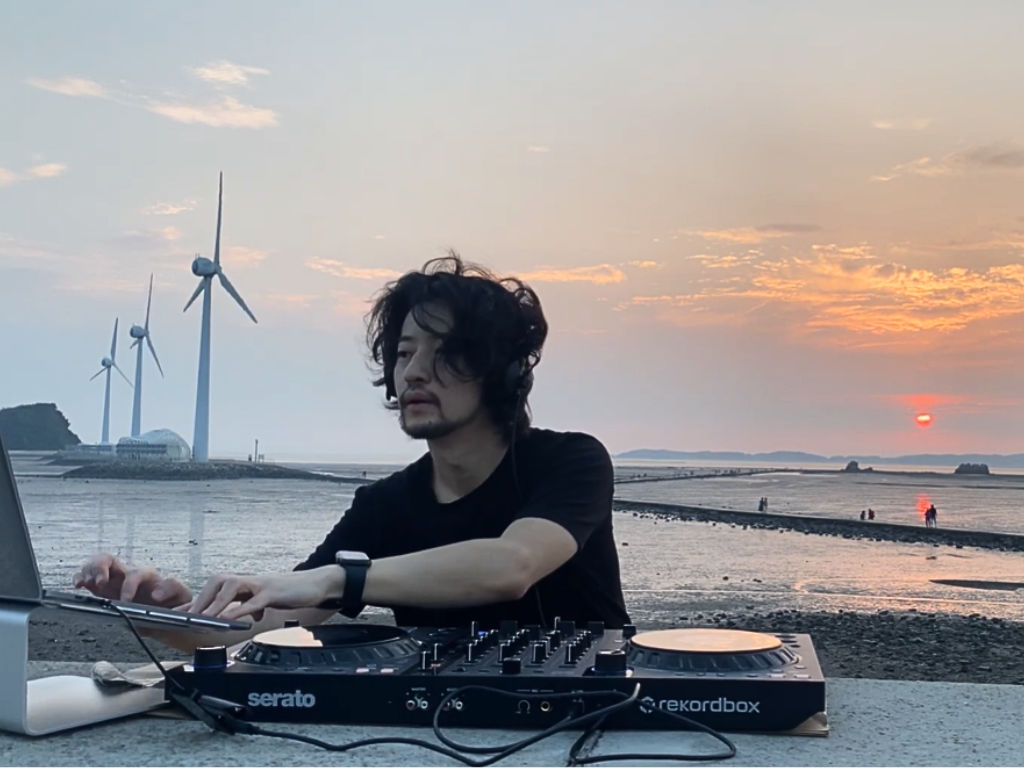
Looking at your setlists, we see a mix of big names (Benny Benassi, David Guetta, Mark Knight) alongside lesser-known producers and even Korean artists. How do you curate your track selection?
DJ Josef: My only real standard for choosing tracks is whether I genuinely like them. If it’s a song that makes me naturally want to dance when I hear it, then it goes on my list. It doesn’t matter if the producer is world-famous or relatively unknown — if my ears respond to it and my body reacts, that’s enough. For my recent performance in Bucharest, though, I made a special effort to include a variety of styles within the electronic music genre. I wanted to show as much as I could in just one hour (laughs).
Beyond DJ sets, you’ve released original productions, including collaborations with Pinoki. Can you share more about your creative process in the studio compared to performing live?
DJ Josef: Working with Pinoki was a really fun journey. Pinoki is an artist rooted in lo-fi hip-hop, while I come from a background as a jazz drummer with a love for house music, so we were curious about what kind of sound would emerge if we collaborated. Unlike live performances, studio work is more meticulous and static — it can even feel a little tedious at times. Since you’re creating tracks together, you have to constantly share opinions and find ways to blend them into the music, which can be challenging and time-consuming. But when the work finally comes out as a record, there’s a great sense of pride. That said, I’m definitely an artist who prefers live performance. I love sharing my energy with the audience, and in return, feeling their energy — that makes me truly happy.
Many of your sets are filmed in unique landscapes – beaches, rooftops, cable cars, even swimming pools. How do you choose these locations, and how much do visuals shape your identity as an artist?
DJ Josef: At first, I started filming DJ sets simply to build a portfolio. Since I was still at the very beginning of my DJ career, I wanted to promote myself through video. That naturally led me to search for great locations, and now it’s become a habit. I often scout interesting spots in advance on Instagram Reels or YouTube, then visit them myself to check if filming is possible. If it’s a beautiful landscape that gives me the right feeling, I’ll definitely go and shoot there. When the scenery and the music come together, and the visual of the DJ performing is added on top, the music itself feels even more powerful. The more diverse the visual elements are, the more people become intrigued and interested — that’s something I’ve clearly noticed.
As a drummer and DJ, rhythm is central to your identity. Do you have any rituals or habits before going on stage?
DJ Josef: Rhythm is what makes my heart beat. Since I’m also a drummer, I think my quick sense and understanding of beats has helped me a lot when DJing. Before a performance, I like to stay quiet and calm, and I usually enjoy a vanilla latte — having something sweet lifts my mood. To share all my energy with the audience, I need to save it while I’m in the waiting room (laughs).
EXPERIENCE AT KOREAN DAYS @ THERME BUCHAREST
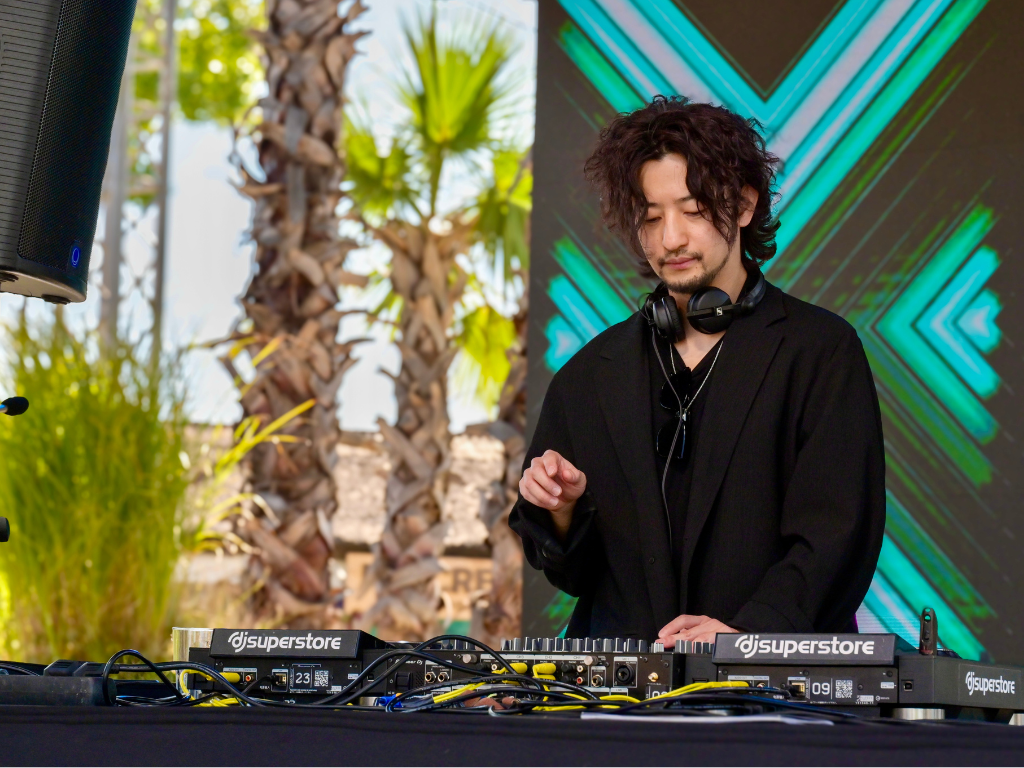
How was your experience performing at Korean Days at Therme Bucharest? Was it your first time in Romania?
DJ Josef: The Korean Days event at Therme Bucharest was a very meaningful performance for me. Of course, part of that was because it was my first time visiting Romania, but I was especially happy to be invited to an event that promotes Korean culture through cultural content. The stage was very comfortable, the sound system was excellent, the staff were great, and the audience was incredibly kind. Altogether, it was a wonderful experience.
Korean Days was a cultural event bringing together tradition, wellness, and modern creativity. How did it feel for you to represent electronic music in this context?
DJ Josef: In fact, electronic dance music is welcomed everywhere in the world. It’s like a magical form of music that brings people together and makes everyone happy. That’s why it was such an honor for me to perform in Romania through Korean Days.
How does being Korean influence your approach to music and performance, especially when you perform abroad?
DJ Josef: Koreans are known for putting their full effort and passion into everything they do — that’s the unique energy of being Korean. As for me, I would like to one day take on the challenge of blending electronic music with traditional Korean sounds or instruments. Many musicians are already experimenting in this direction, but it’s something I hope to explore in the future as well. And now, with Korean-born superstars like Peggy Gou on the global stage, I feel inspired by their passion and energy, and it motivates me to keep growing too.
Do you think music – especially electronic music – can play a role in connecting cultures, as it did during this event in Romania?
DJ Josef: Within electronic dance music, there are countless genres that blend rhythms and instruments from all around the world. Styles like Afro house or Latin house, with their exotic flavors, are gaining huge popularity. Through music, people can naturally encounter and connect with other cultures. And I believe that the very act of coming together through music and dance itself becomes a bridge that links different cultures.
LIFE & INSPIRATION
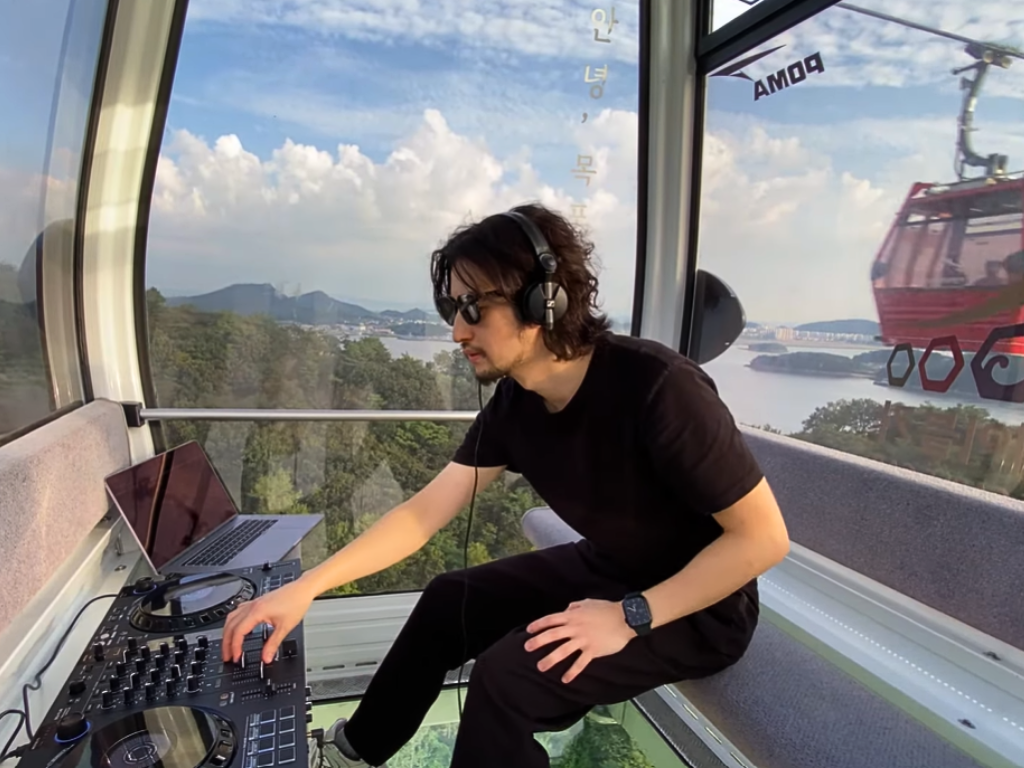
What does a normal day in your life look like when you are not performing or traveling?
DJ Josef: When I’m not performing or traveling, I usually spend my time in the studio making music or practicing. I don’t really have any particular hobbies, so I enjoy listening to music or taking walks while reflecting. On ordinary days, I like to save my energy — because when I’m on stage, I give it my all.
Outside electronic music, what genres or artists do you enjoy listening to in your free time?
DJ Josef: Since the foundation of my music is jazz, I still listen to it a lot. It’s completely different from electronic dance music, but jazz has its own charm and elegance. Among jazz artists, I especially admire the trumpet player Miles Davis — to me, he’s the king of jazz.
Where do you usually find inspiration – from other musicians, from travel, or from daily life in Korea?
DJ Josef: I draw inspiration constantly from daily life — from relationships with people, from love, friendship, longing, sadness, joy… all those emotions that arise in a moment become material for creating and expressing music. Of course, traveling also gives me a huge amount of inspiration. But more than anything, I think I’m most inspired when I reflect on human relationships.
CHALLENGES & FUTURE
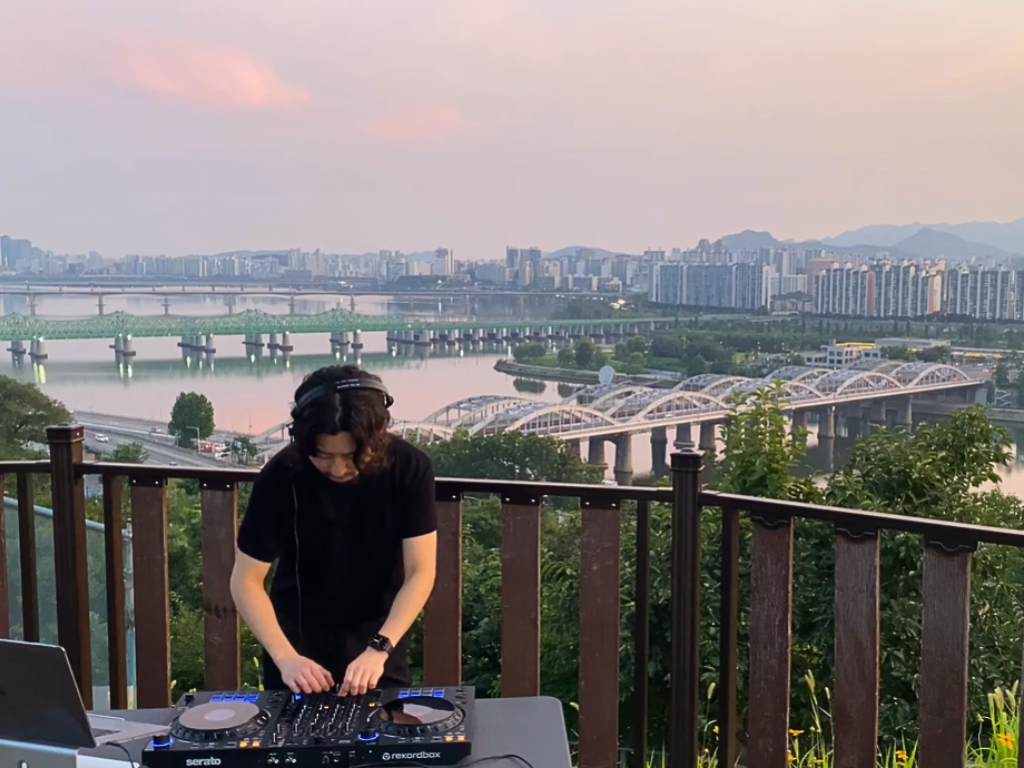
What do you consider the most challenging part of being an independent artist today?
DJ Josef: Right now, I’m working on tracks to release an electronic dance music album. For me, that is the biggest challenge at the moment — and also something that excites me a lot. I can’t wait for it to be completed.
Do you feel platforms like YouTube and social media have changed the way DJs connect with their audience compared to traditional clubs and festivals?
DJ Josef: I think it has changed things a great deal. In the past, if you wanted to see an artist, you had to go to the venue in person. Now, through YouTube, you can watch your favorite artists anytime, anywhere. Most of them even have their own channels where they upload many of their performances. Of course, you can’t fully capture the atmosphere of a festival online, but it’s clear that these platforms are bringing many new people into the electronic music scene.
Is there a dream location or festival where you would love to perform in the future?
DJ Josef: In my heart, I’d love to perform at a huge festival like Tomorrowland. But at the same time, I also dream of playing at a beach club I visited last year in Phuket called Café del Mar. I loved the beach, the atmosphere, and the music there so much. One day, I’m determined to perform at that place too.
Are there new collaborations or original releases we should look forward to?
DJ Josef: As I mentioned earlier, I’m currently working on producing my electronic dance music album. I can’t say exactly when it will be released, but I’m doing my best to finish it as soon as possible so I can share it with everyone. And above all, I hope you will always be happy and healthy. Thank you.
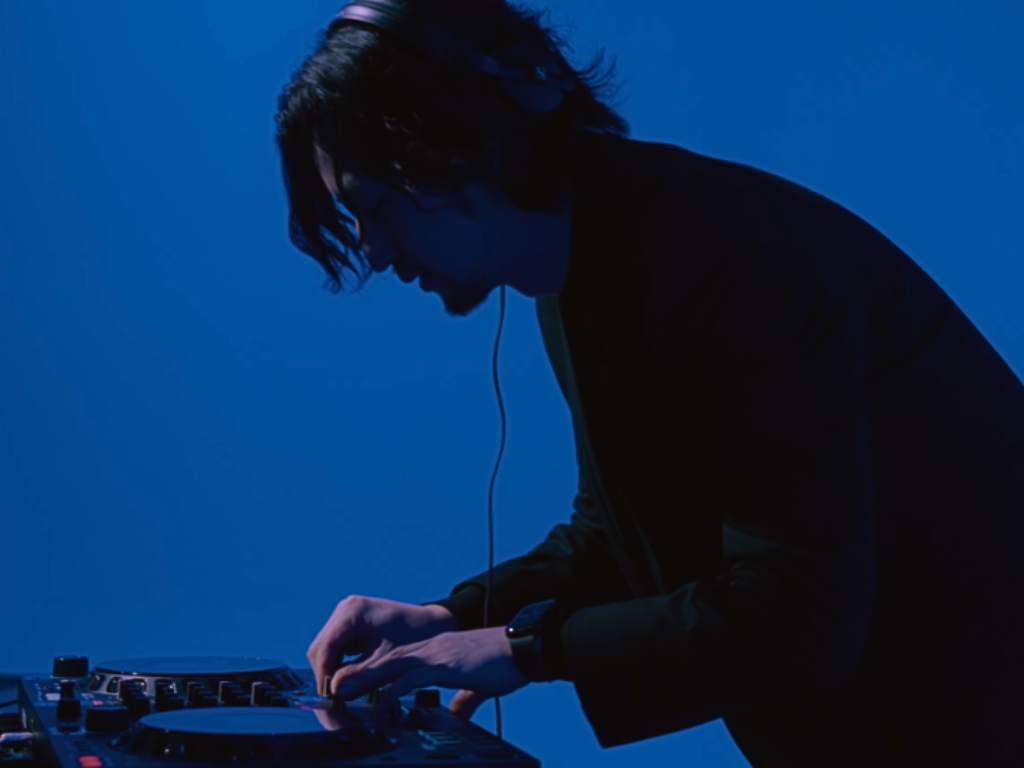
In addition to his upcoming album, DJ Josef is also deeply involved in the K-Tourism Island Project in Yeosu, Korea, where he serves as music director. This initiative brings the first-ever electronic music festivals to Geomundo Island, a largely undeveloped destination off Korea’s southern coast. By combining global sounds with the island’s natural beauty, the project aims to promote Geomundo to international visitors and showcase how music can drive cultural tourism. With DJs such as Randy Seidman (U.S.) and Jeremy Olander (Sweden) joining Josef on stage this fall, the festival highlights his role not only as a performer but also as a cultural bridge-builder.
From church stages in his youth to rooftops, beaches, and international festivals, DJ Josef has steadily built a career rooted in rhythm, passion, and connection. Whether producing in the studio, performing abroad, or curating projects like the K-Tourism Island Festival, he sees music as both a personal journey and a universal bridge. As he prepares his first full EDM album, Josef is poised to continue expanding his creative horizons — and to keep sharing the energy that drives him with audiences worldwide.
How about this article?
- Like0
- Support0
- Amazing2
- Sad0
- Curious0
- Insightful0


